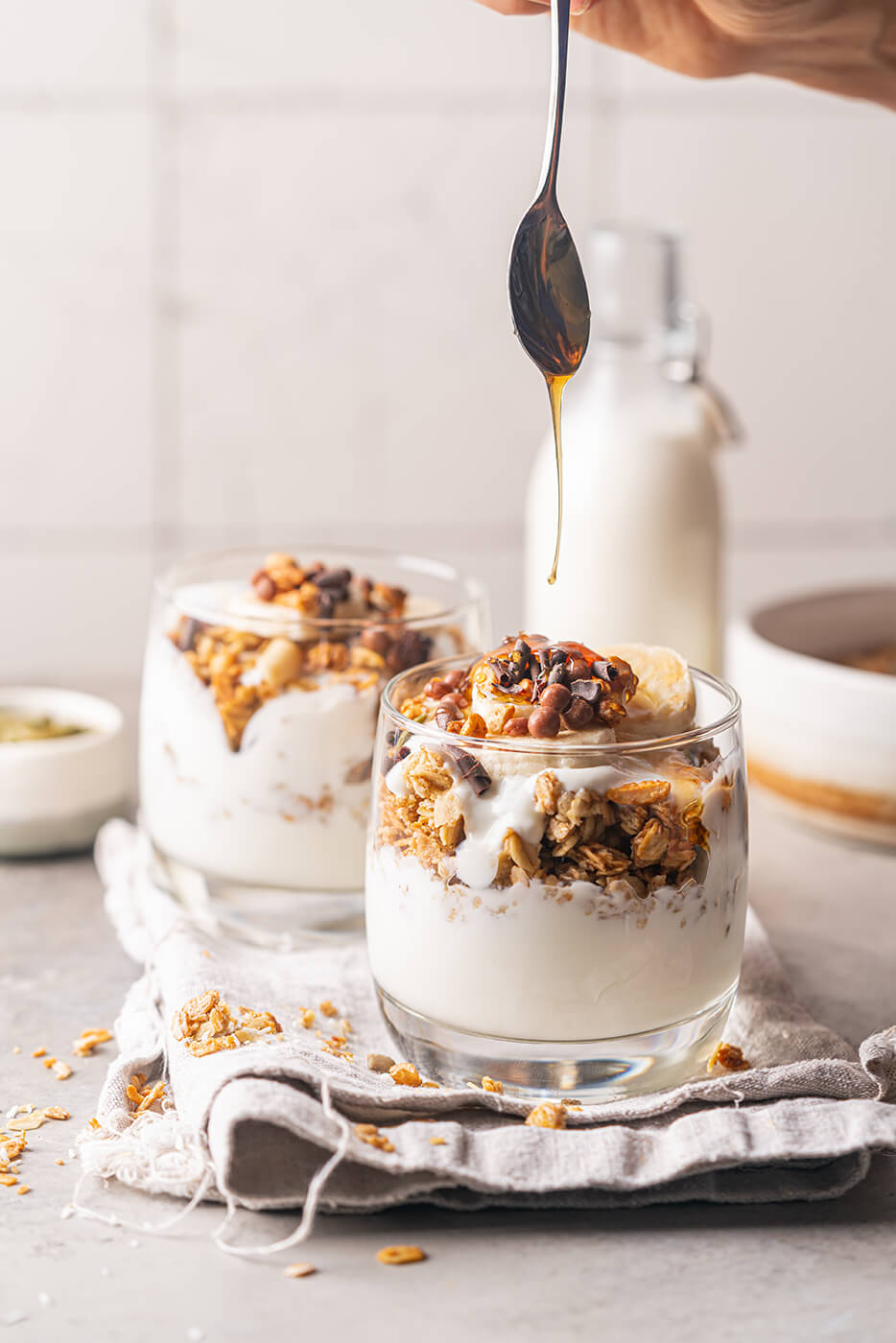At some point, many of us have been fed by a woman whose kitchen meant more than just meals. Whether it was family or a friend of the family, it was never just the food that filled us up, but the hands that made it and the hearts that welcomed us in.
There was always something on the stove, a towel over the bread dough, and a hum in the air that said, “sit down and stay a while.” We didn’t just learn how to cook in her kitchen– we learned how to be. We stood at the counter peeling potatoes while she talked about patience, grace, and how to carry ourselves even when life hurts.
The food was never rushed, and neither was the conversation. She prayed over pots and people the same way– slow, steady, and with full belief. She used that kitchen to raise us, feed us, and teach us what it meant to serve with both hands and a full heart.

In Survival
This is a long tradition, Black women were making meals out of scraps– literally. Enslaved women used what little they had and made it stretch, made it beautiful, made it taste like home. They learned from each other, passed down and remembered by feel and flavor. Recipes weren’t written, they were lived, measured in pinches and patience.

In Segregated Spaces
Beyond slavery, Black women cooked in other people’s homes, for other people’s families, while somehow still keeping their own afloat. Their skill was quieted, their presence often erased, but the impact? It fed generations. What they did behind the scenes shaped the tables we gather around now.
While Making a Way Out of No Way
Even with all they were carrying, Black women still made room. If they had two biscuits and someone came hungry, they gave one away. Some of us may remember a loved one keeping bread or crackers tucked in their purse, so that no child in the neighborhood went without.
The kitchen wasn’t just where food was made– it’s where we learned certain truths of womanhood, and where we learned how to serve, how to speak with kindness, how to carry ourselves, and how to lean on God.

Now Celebrated in Public
The first Black cookbook authors often wrote in the shadows or self-published. Some eventually made it onto screens, into restaurants– but even then, their full stories weren’t always told.
Today, things are changing– chefs and creators rooted in Black foodways are telling their own stories– on screen, in print, while naming their mentors, honoring the kitchens they came from, and carrying with them recipes and wisdom.
In her kitchen, food was never just food. It was comfort, it was teaching, it was generosity without pride. Her kitchen tells a story that doesn’t always make it into history books, but one that lives on in nearly every plate. With little and with love, her kitchen has shaped a legacy we’re still unfolding today.
Join us for Kitchen Stories, a series where we explore that legacy together. Details coming soon.











